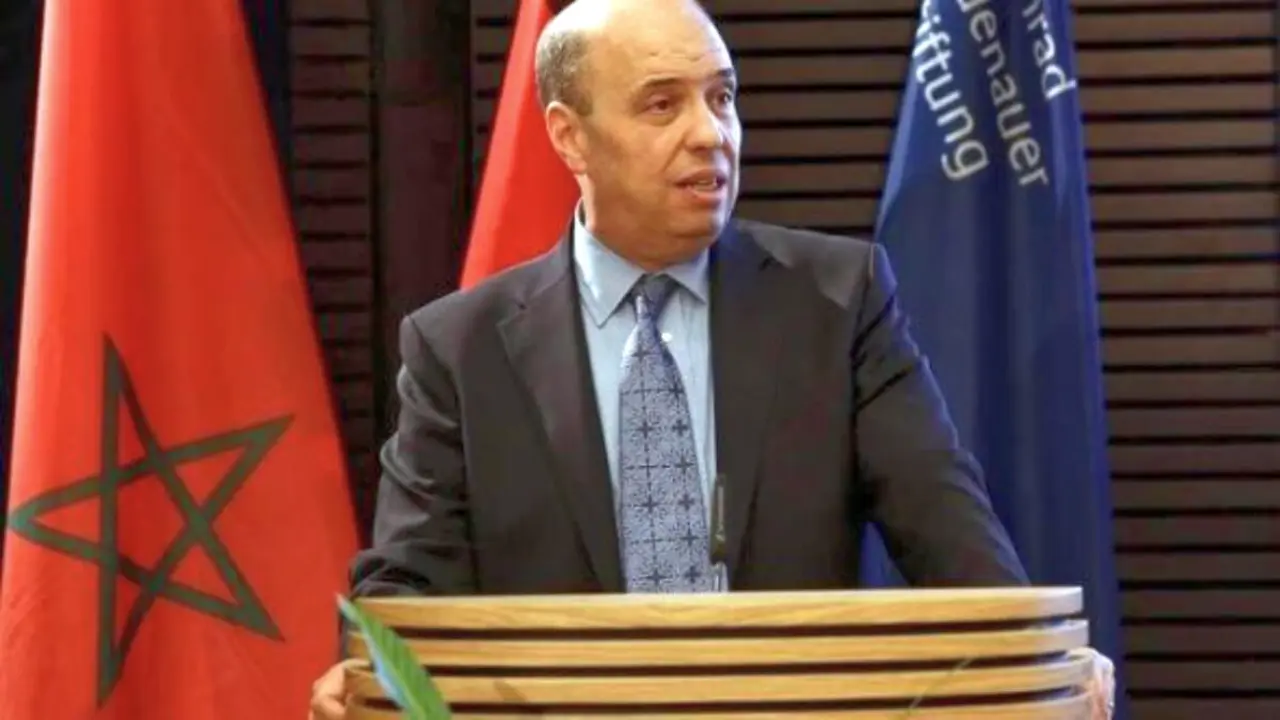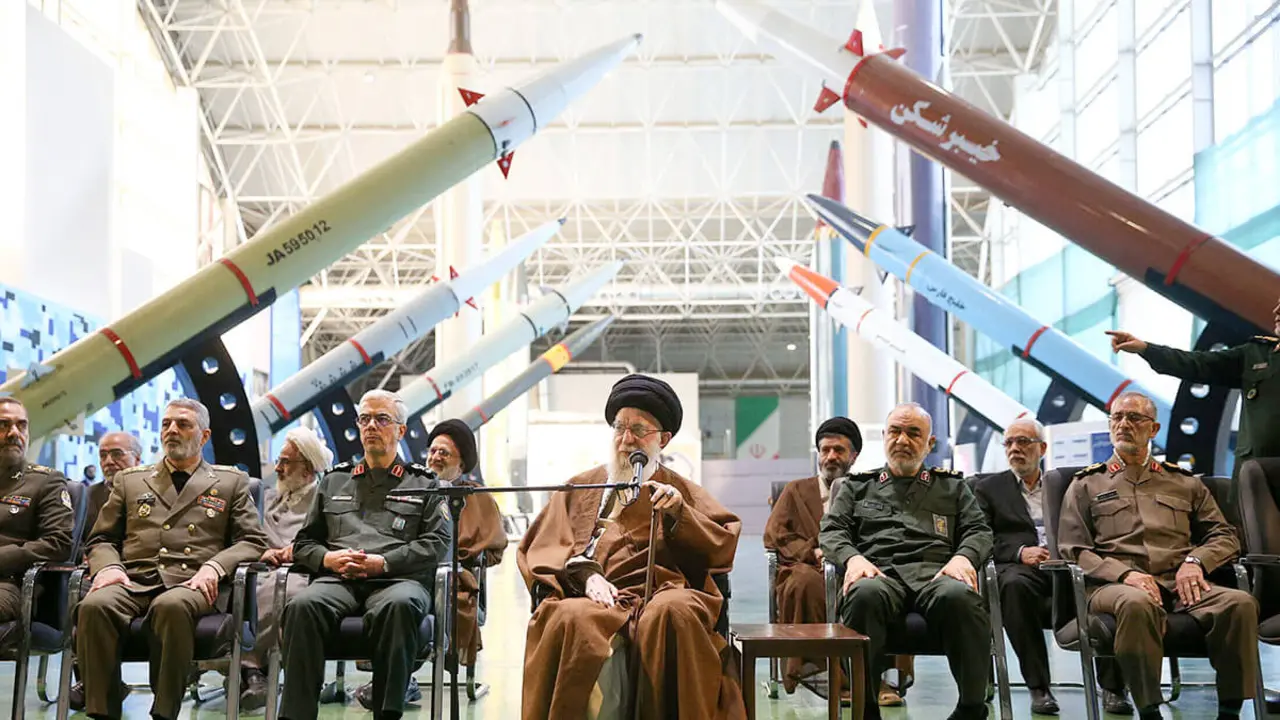US and Israel discuss steps to halt Iran's nuclear programme

Talks on the Iranian nuclear deal and its possible revival are coming to an end, as established by the United States, but before that happens, US President Joe Biden held a phone call with Israeli leader Naftali Bennett in which they discussed regional challenges, including Iran's continued aggression and "possible measures to stop Iran's nuclear programme".
The two presidents discussed external global challenges in the Middle East region, including the simmering conflict between Russia and Ukraine, an issue of great concern to Joe Biden, which he himself expressed. As well as Biden's intention to visit Israel later this year. Bennett took office in June last year; since taking up his role as Israel's prime minister he has held four talks with the US president.

On several occasions, Naftali Bennett mentioned the concerns of the various states about reaching an agreement that would not thwart Iran's nuclear programme. In response, the US president gave him a state report reflecting the talks. At the same time, the Israeli prime minister congratulated the US president on the killing of the Daesh leader last week in a night raid in northwestern Syria. As a result, Bennett said, "the world is a safer place today because of the courageous operation of US forces".
In addition, Biden stressed his support for the expansion of stability and partnership throughout the Middle East region. The Abraham Accords reflect the commitment of the US, where Israelis and Palestinians enjoy common measures of security, freedom and prosperity. In addition, he stressed the US Administration's full readiness to restore Israel's Iron Dome system, an anti-aircraft defence system developed by Israel, with financial and technical assistance from the United States. Biden pledged to provide $1 billion in emergency aid, but such aid has been stalled in the Senate since September due to disagreements with Senator Rand Paul.
On the Iranian nuclear programme, Israel is having a difficult time determining whether the meetings in Vienna will result in a new nuclear deal with Iran. It is true that an Israeli official commented last week that the US administration is doing everything possible to reach an agreement with the country "at any cost", as well as a partial agreement or a deal, which Israel will not find satisfactory. Indeed, other officials have stated that the decision currently lies in Tehran's hand.

Israel believes that there are not sufficient and clear indications of Iranian intention to resume the agreement reached in 2015. Israel distrusts the Islamic Republic, and even if a new agreement is reached, Israel believes that it would not prevent Iran from possessing nuclear weapons. Moreover, it demands that the agreement must include Iranian activities in the Middle East and the development of long-range missiles capable of reaching Israel. Despite this, Israel's prime minister said he is keeping an eye on the negotiations with Iran in Vienna, adding that he does not feel obliged to accept any agreement made. "Anyone who believes that such an agreement will entrench stability is mistaken," he said. "Israel reserves the right to act in any case, with or without an agreement," Bennett said.
One of the key moments, which happened last Friday, was the restoration of sanctions waivers for Iran to allow international nuclear cooperation projects, which were rescinded by the US in 2019 and 2020, during the term of President Donald Trump, who withdrew from the nuclear deal. The waivers had allowed Russian, Chinese and European companies to carry out non-proliferation work to hinder the use of Iranian nuclear sites for weapons production.
The ongoing talks with Iran and individual states are primarily aimed at bringing the US back into the agreement and getting Iran to resume compliance. The agreement was initially signed under former President Barack Obama, and now Joe Biden wants to rejoin it.
Americas Coordinator: José Antonio Sierra








